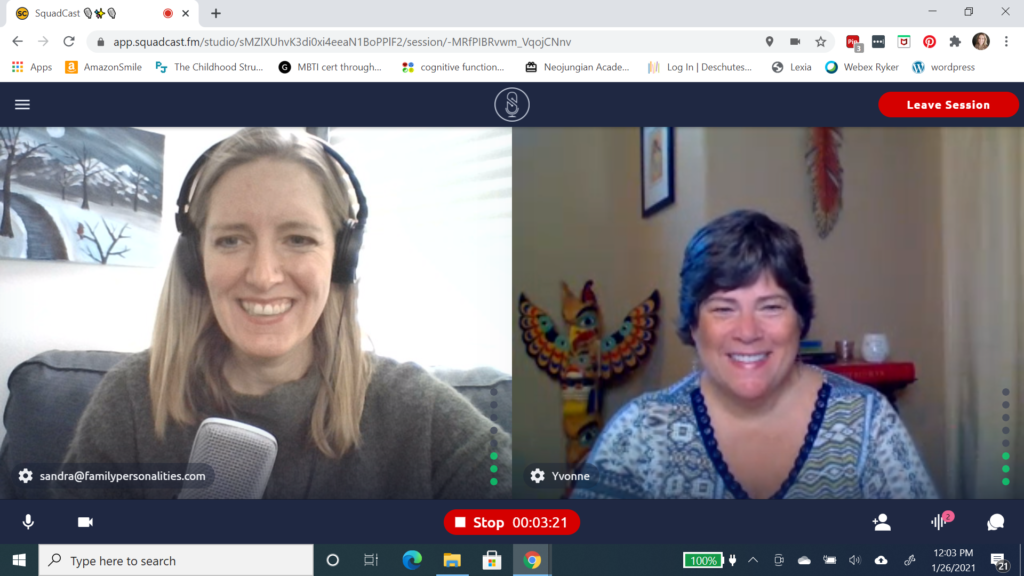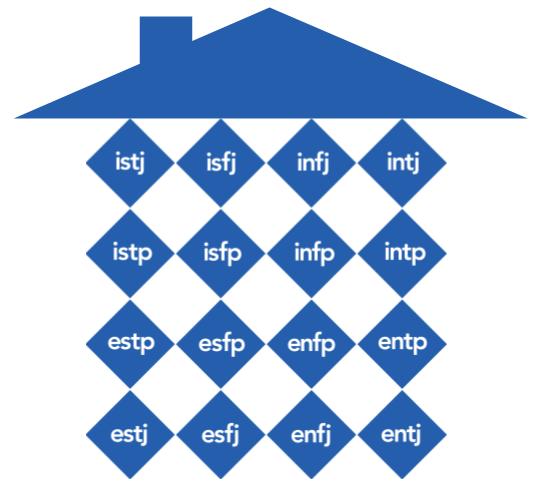Sandra interviews Yvonne Nelson-Reid, PhD, to talk about the appropriate language to use around personality type, how to understand type as flexible, and how pandemic stress may affect our kids differently based on their Myers-Briggs preferences.

Links and references:
Yvonne’s Website
“Give a Moose a Muffin” article
This episode is sponsored by The Fancy Free Podcast
Check out my podcast page for episodes broken down by topic. If you’re new to Myers-Briggs personality type, check out episodes that cover the basics.
Enlist Sandra’s services to create a more peaceful dynamic in your family!
Email us at familypersonalitiespod@gmail.com
Follow us on Instagram @FamilyPersonalities
Follow us on Facebook @FamilyPersonalities
Leave us a review on iTunes/Apple Podcasts
Rate, Review, Subscribe, Share!
Full show notes:
Sandra introduces Yvonne:
Yvonne Nelson-Reid, BEd, MA, MA, PhD, is a mother of 5, writer, teacher, depth psychologist, and career coach. Teaching in a classroom, in her home, or on the ice as a figure skating coach has taught her a great deal about relationships and the importance of communication. As a certified MBTI and MMTIC professional, she uses typology as a tool for helping others understand differences and communicate more effectively. As a career coach she assists others in discovering careers that suit their personality.
You can find Yvonne at www.passionfire.net
Sandra interviews Yvonne and she tells us:
- Using language such as “a person has a preference for Judging” as opposed to “a person is Judging” helps us remember that type is flexible and that we can use all of the preferences and functions.
- You can think of the 16 types as being 16 rooms in a house. You have a favorite room, but you can still move around and spend time in other rooms.
- The two “middle” letters in Myers-Briggs (Sensing vs Intuition and Thinking vs Feeling) play the biggest role in our type, informing how we take in information and how we make decisions
- The functions in Myers-Briggs fit into a “car” model, whereby you have your strongest functions in the front seat of the car, driving, and your weakest functions are like the kids in the backseat. When we look to our “child” functions in the backseat to drive the car, difficulties can arise.
- Type has been useful in parenting her own kids who are now teens and young adults. She gives us a few examples of how type has informed her parenting, including an example of time-outs when they were kids and an example of helping her oldest child through an adult life transition.
- Different types show stress in different ways. When someone is stressed out you may see them acting in ways that are outside their typical way of functioning.
- In her own family, and you may notice in yours, that chronic pandemic stress may show in more withdrawn, introverted sort of ways for your kids who prefer extraversion, whereas it may show up in more of an acting out, grumpy, extraverted way for your kids who prefer introversion.
- She works with teens and adults to find careers that bring them joy and fulfillment.
- She ends with the following quote: “Whatever the circumstances of your life, the understanding of type can make your perceptions clearer, your judgements sounder, and your life closer to your heart’s desire.” — Isabel Briggs Myers

Source: The Myers-Briggs Company
Leave a comment: Do you see yourself in multiple “rooms” in the house of Myers-Briggs personality types? Have your kiddos been acting in ways that are different from their normal way of functioning during the pandemic?
